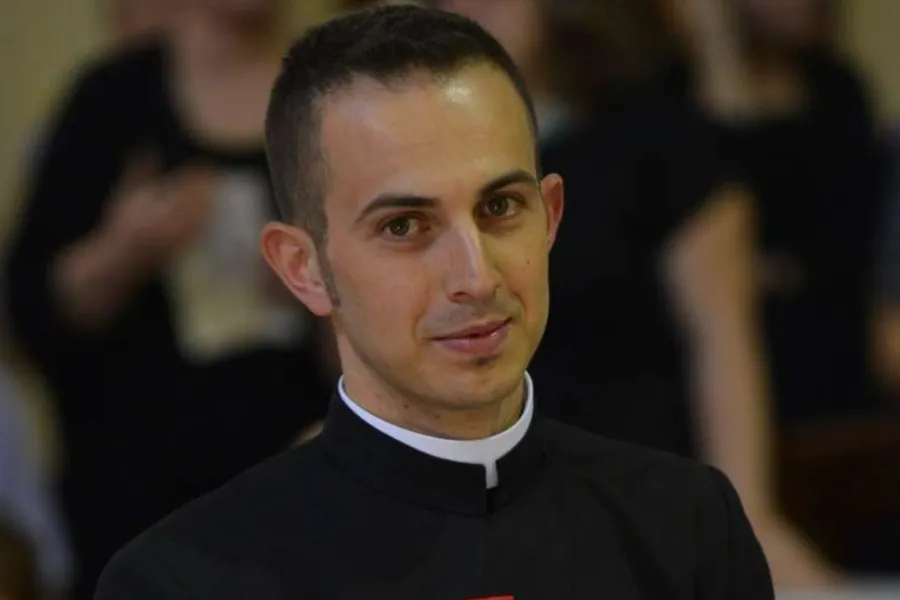
Rome, Italy, Jul 14, 2021 / 12:00 pm (CNA).
Church officials are studying a reported miracle attributed to an Italian Catholic who died at the age of 21, the postulator of his cause has said.
Fr. Walter Vinci, Postulator General of the Order of St. Camillus, noted that Pope Francis had recognized the heroic virtues of Nicola d’Onofrio on July 5, 2013.
Heroic virtue is one of the requirements for beatification in the Catholic Church. A verified miracle attributed to the candidate’s intercession is also usually required.
“We are currently studying an ‘alleged’ miracle. Therefore, we can say that the process of beatification and canonization is proceeding serenely,” Vinci told ACI Stampa, CNA’s Italian-language news partner.
The priest did not describe the purported miracle, but in 2008 a Chilean woman said that she recovered from cerebral palsy thanks to d’Onofrio’s intercession.

Vinci explained that d’Onofrio’s reputation for holiness grew out of the courage with which he accepted suffering.
The candidate for beatification, known to friends as Nicolino, was born in 1943 in Villamagna, in the Abruzzo region of southeastern Italy, not far from the birthplace of St. Camillus de Lellis, the 16th-century founder of the Camillians.
Wishing to join the religious order whose members wear black cassocks with a large red cross, d’Onofrio moved to the Camillian studentate in Rome in 1955. He made his first profession in 1961, promising not only poverty, chastity, and obedience, but also to care for the sick, even at the cost of his life — the order’s distinctive fourth vow.
He was diagnosed with cancer in 1963. Those around him were struck by his peaceful demeanor and ready smile as he underwent an arduous course of treatment.
In May 1964, d’Onofrio’s superiors asked him to make a pilgrimage to Lourdes in hopes of a miraculous healing.
As he departed, a member of his order said that the community would be praying for him.
“Yes, pray, pray… not for my healing, but that I may do the will of God,” the young man replied.
While in France, d’Onofrio also visited Lisieux, the hometown of St. Thérèse, where he wrote a letter to his parents.
“I am very happy to be able to suffer a little now when I am young because these are the finest years to offer up something to the Lord,” he wrote.
“Beloved parents, please pray, as well, to the Lord that he may restore me to health so that I can become a priest and work a great deal more for souls.”
“If the good Lord, however, wants something different to our wishes, blessed be the Lord: He knows what He is doing and what is best for us! There is no point, we cannot know these things — only God knows them.”
Pope Paul VI granted d’Onofrio a special dispensation, allowing him to make his perpetual vows on May 28, 1964. He died in Rome on June 12.
“It is his ‘smile of everyday life’ that Nicolino wishes to leave to the young people of today and tomorrow: to live from heaven, to live from God,” Vinci commented.
If you value the news and views Catholic World Report provides, please consider donating to support our efforts. Your contribution will help us continue to make CWR available to all readers worldwide for free, without a subscription. Thank you for your generosity!
Click here for more information on donating to CWR. Click here to sign up for our newsletter.




Leave a Reply